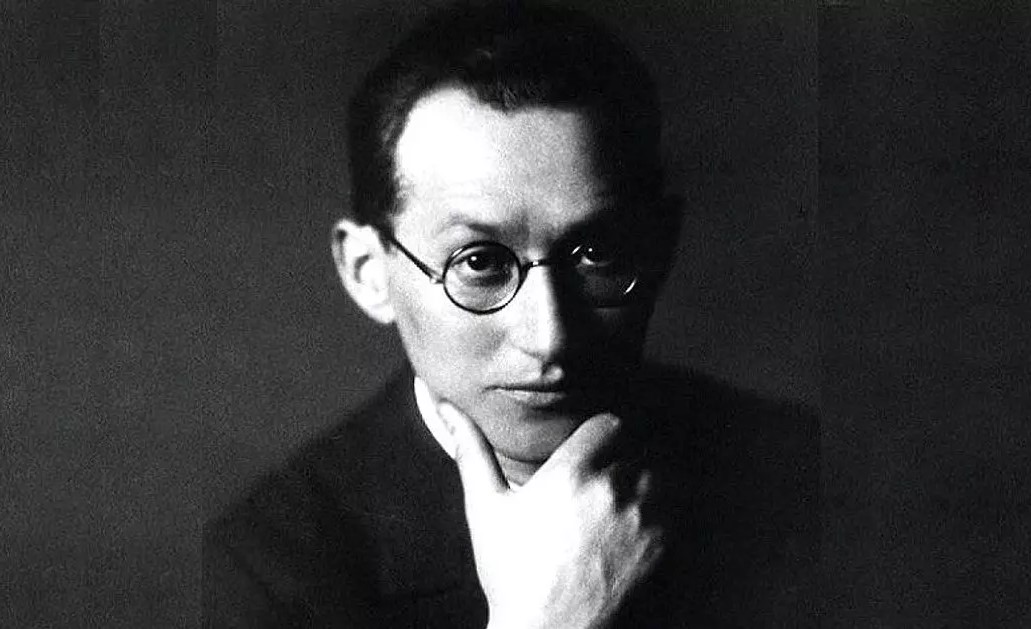Founding father of social psychology: Who is Kurt Lewin?
Kurt Lewin is known as the founding father of social psychology, according to many sources. Lewin developed field theory and developed theories that attempted to explain group effects.

He was an American psychologist and sociologist who lived between September 9, 1890 - February 12, 1947.
Lewin was born to a Jewish family in Mogilno, a small village on the borders of today's Poland. He was one of four children in a middle-class family. His family immigrated to Berlin so that their children could receive a better education. After his primary education, Lewin first entered the University of Freiburg to study medicine and then the University of Munich to study biology. During this period, she joined the developing socialist movements and took part in women's rights movements. He then continued his medical education at the Royal Friedrich-Wilhelms University.
Kurt Lewin (9 September 1891 – 12 February 1947) was a German-American psychologist, known as one of the modern pioneers of social, organizational, and applied psychology in the United States. During his professional career, Lewin applied himself to three general topics: applied research, action research, and group communication.
Lewin, who participated in the First World War as an active-duty soldier, was injured in the war and returned to Germany to the University of Berlin to complete his education and completed his doctorate at the school.
He is known as the founder of social psychology. According to social psychology, the behavior of the individual is determined by a whole that includes the subject and his environment and is based on the relationships between them. This whole, which covers all the events that affect the individual, whether physical and social, conscious or unconscious, plays the role of a "dynamic field"; In this respect, any human or animal behavior is an attempt to re-establish a disturbed balance between the individual and his environment; This imbalance manifests itself as "tension". The forces arising from these tensions interact with the wills, desires, etc. of the surrounding subjects in order to affect the subject's internal psychological field. or takes the form of positive or negative values of surrounding objects. In this respect, individual psychology and social psychology are considered to be in a constant mutual reaction.
In order to study human behavior, Kurt Lewin looked for inspiration in theories such as relativity and quantum physics. He came up with a theory that might be useful to him: field theory. To make this theory a part of psychology, he decided to study behavior without separating it from its natural context.
Therefore, he focused on groups of people. His research set a precedent for later social psychology and organizational psychology. His experiments revolved around group psychology, the dynamics of organizational change, and leadership.
Kurt Lewin's field theory considers our behavior from a holistic perspective. This way, we are not left with many analyses that are divided within themselves. The influence of the psychological field on our behavior is so great that Lewin said that if there is no change in the field, there will be no change in behavior.
